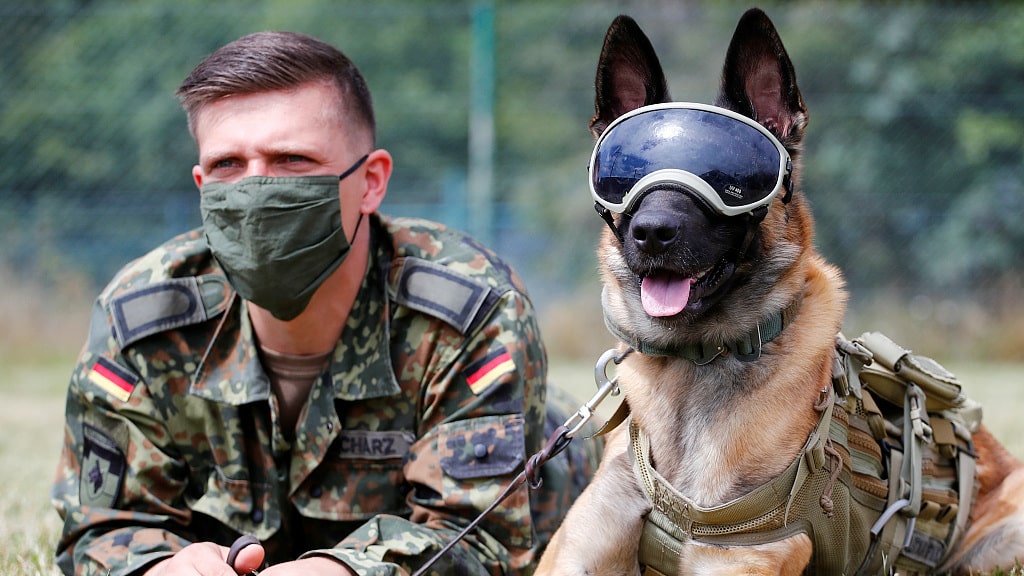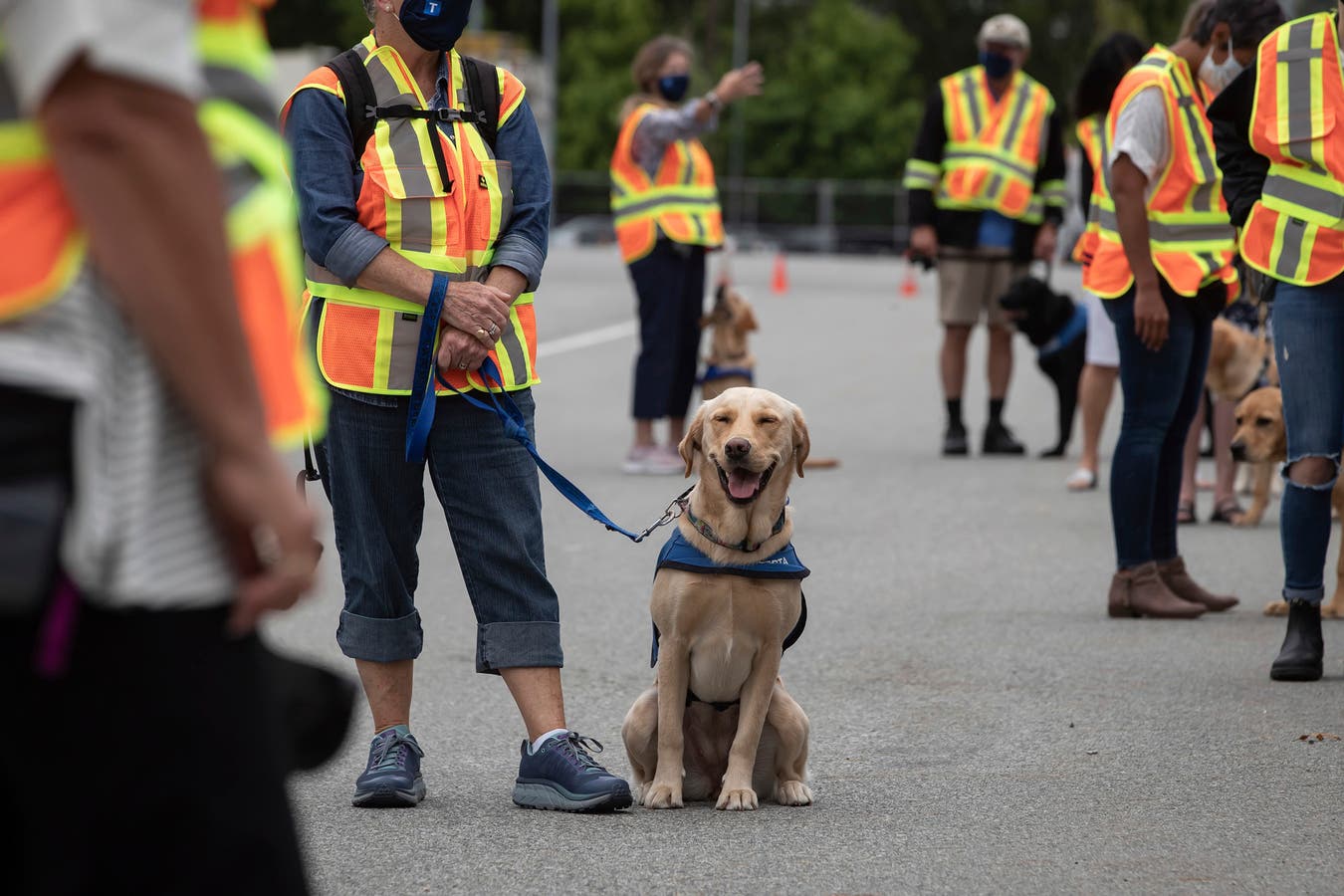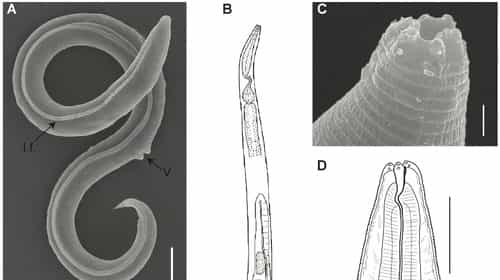Specially trained dogs could reliably detect a coronavirus infection through their incredible sense of smell. This was reported through a study last Thursday from the German University of Veterinary Medicine Hannover.
As the COVID-19 pandemic continues to spread, early, ideally real-time, identification of SARS-CoV-2 infected individuals is pivotal in interrupting infection chains. Volatile organic compounds produced during respiratory infections can cause specific scent imprints, which can be detected by trained dogs with a high rate of precision.

According to the journal “BMC Infectious Diseases“, trained dogs were able to correctly identify 94 percent of 1,012 samples. Saliva and tracheobronchial secretion samples were collected from hospitalized COVID-19 patients. Negative samples were obtained from SARS-CoV-2 RT-PCR negative people with no previous history of COVID-19 or any recent cold or infection.
The presentation of the samples to the dogs was conducted via a device called Detection Dog Training System (DDTS), which can present samples in a randomized automated manner without trainer interference. The device is composed of seven scent holes. Behind each hole, two tubes are leading to two metal containers. For each trial run, only one hole presented a SARS-CoV-2 positive sample.
The dog, its handler, and a person observing the study were blinded during the double-blinded study. All personnel stood behind the dog during the test runs to avoid distraction.

Detection dogs were able to discriminate respiratory secretions of infected SARS-CoV-2 individuals from those of healthy controls with high rates of sensitivity and specificity. After a 2-week habituation process to the DDTS, the eight dogs needed 5 days of training in total until the detection rate was above chance.
“We think that this works because the metabolic processes in the body of a diseased patient are completely changed.”
– Said Maren Von Koeckritz-Blickwede, a professor at the Universitiy of Veterinary Medice Hannover.
In countries with limited access to diagnostic tests, detection dogs could then have the potential to be used for mass detection of infected people. However, further work is necessary to better understand the potential and limitation of using scent dogs for the detection of viral respiratory diseases.
You can find the complete study at BMC.




